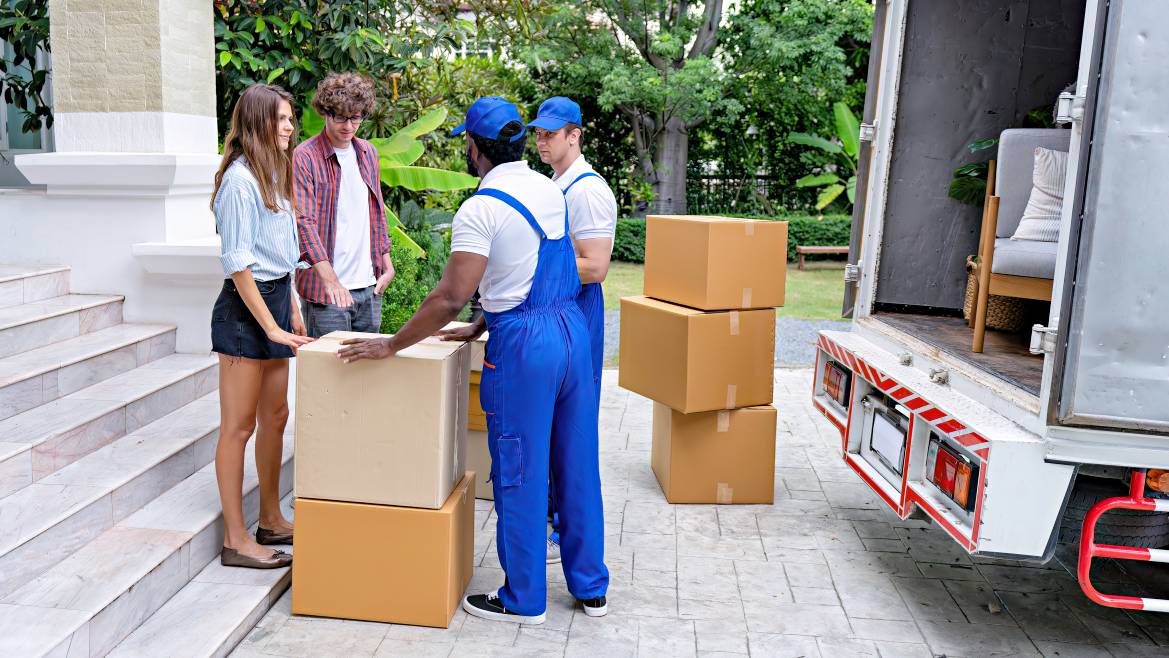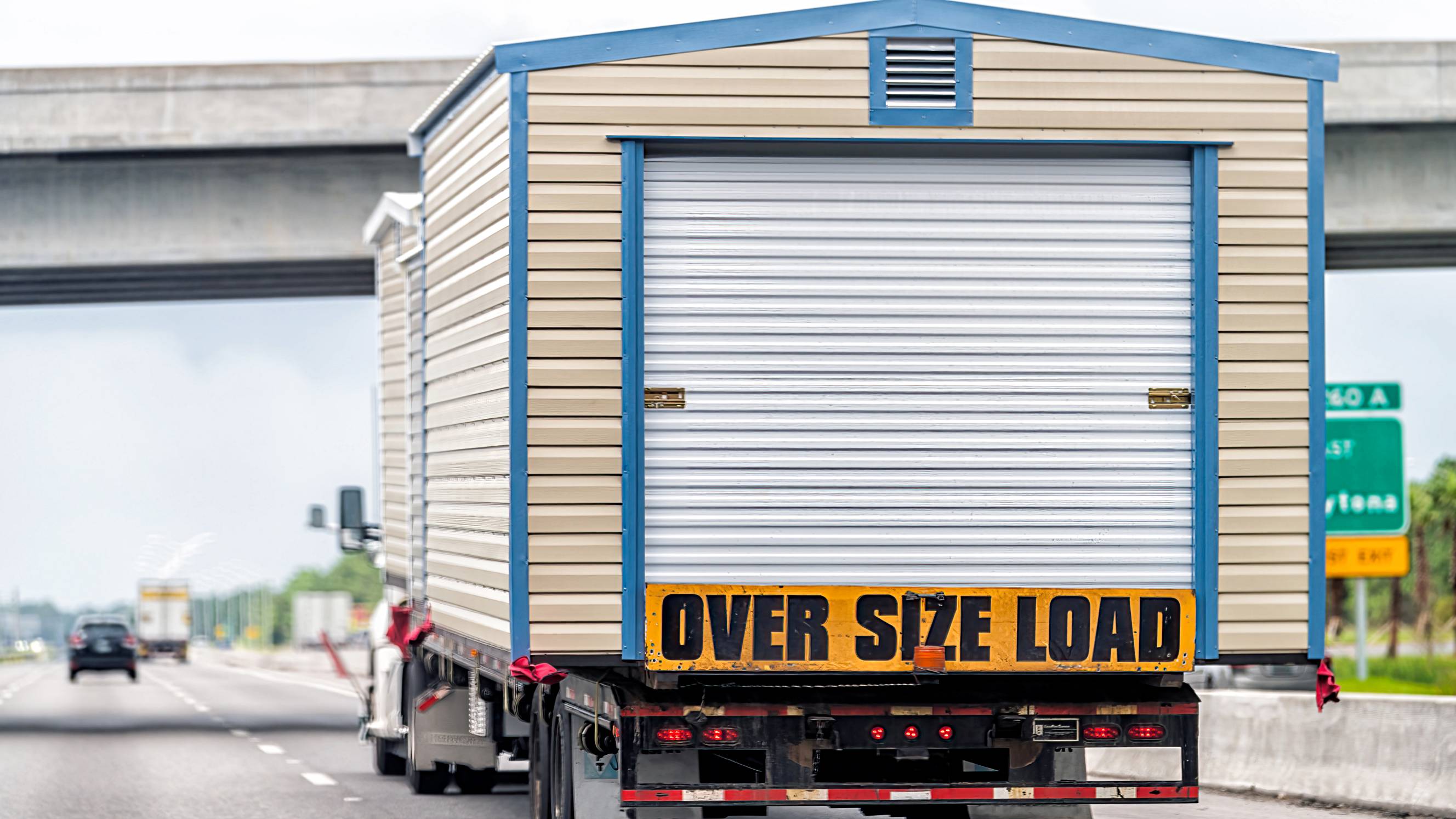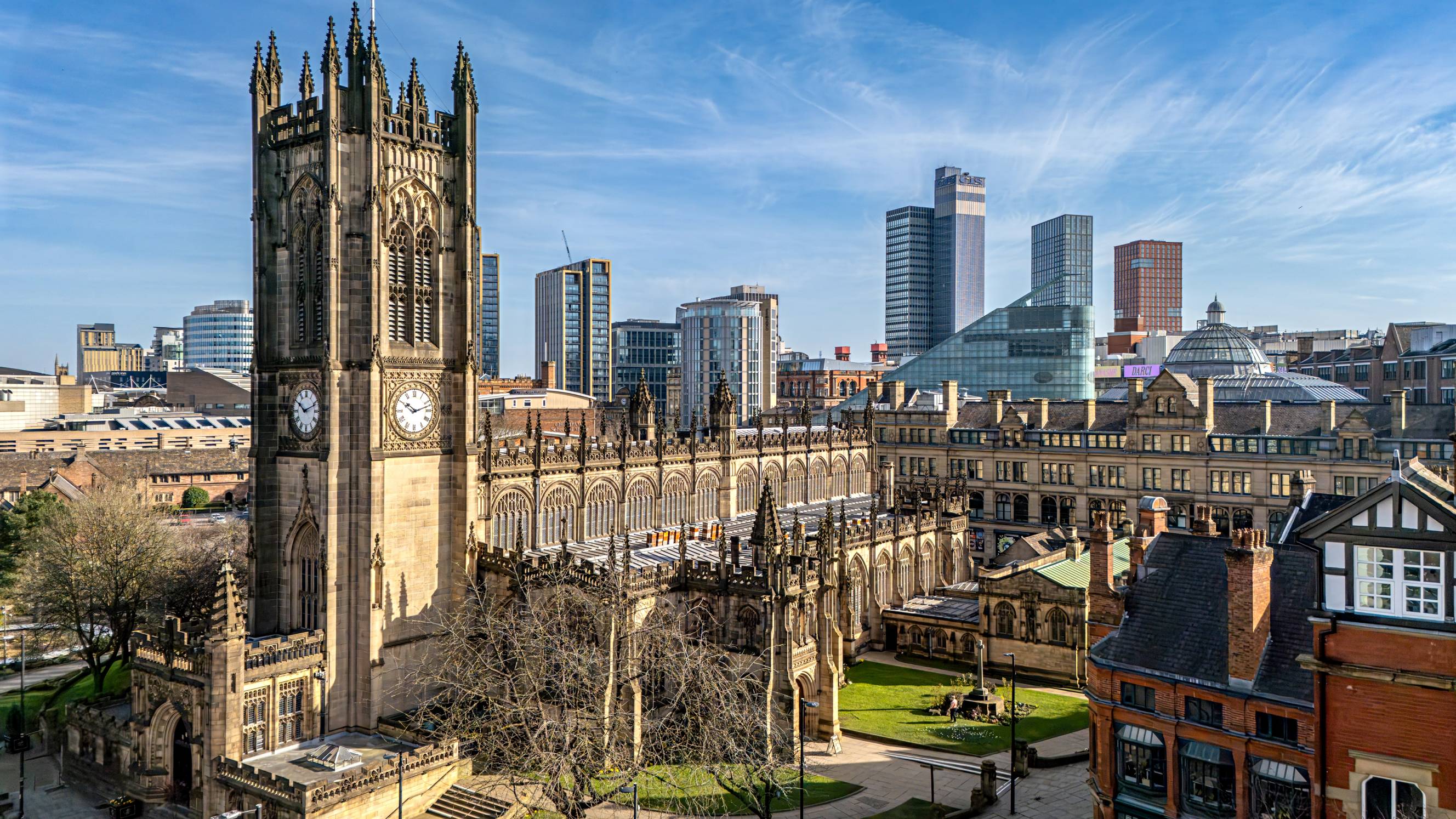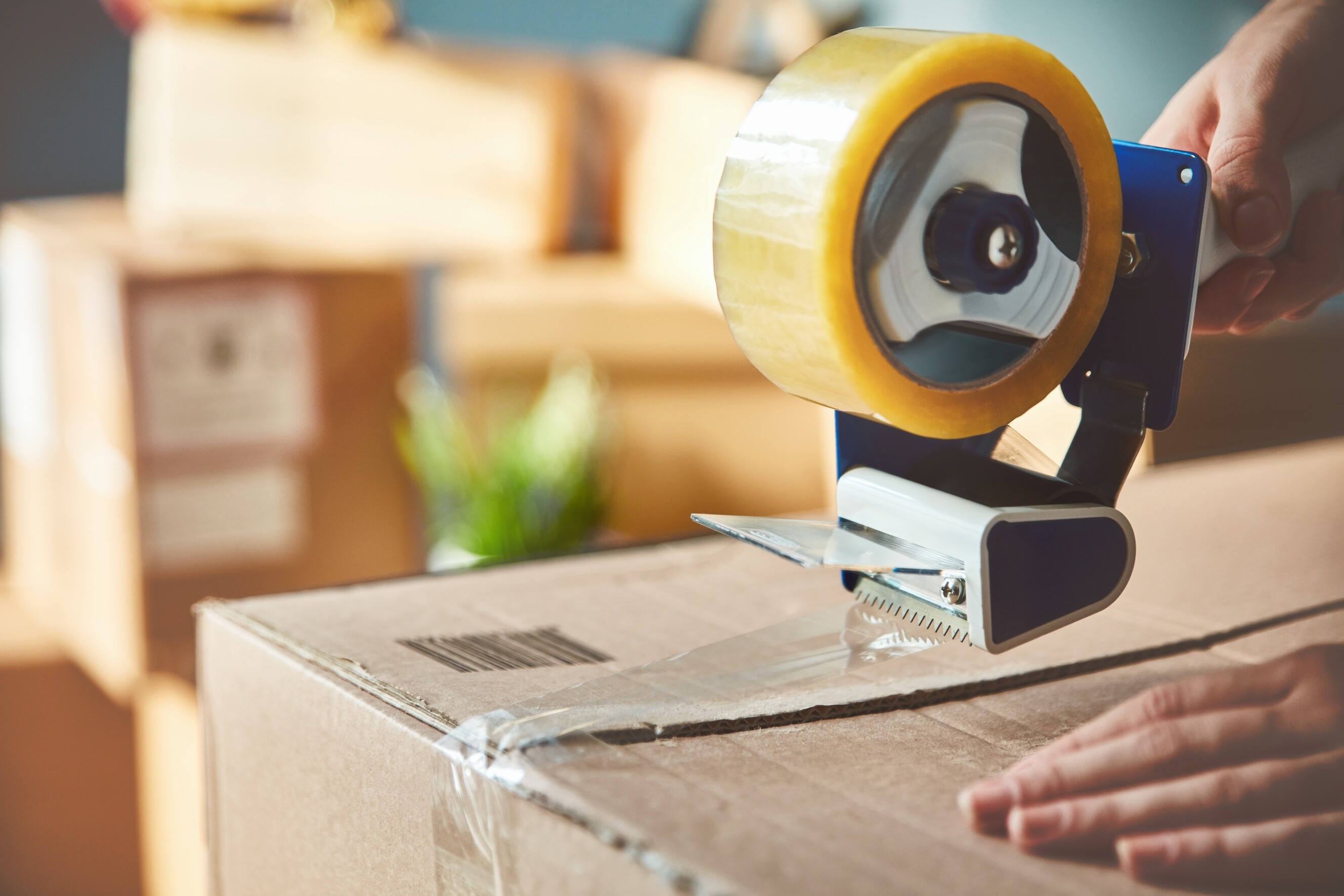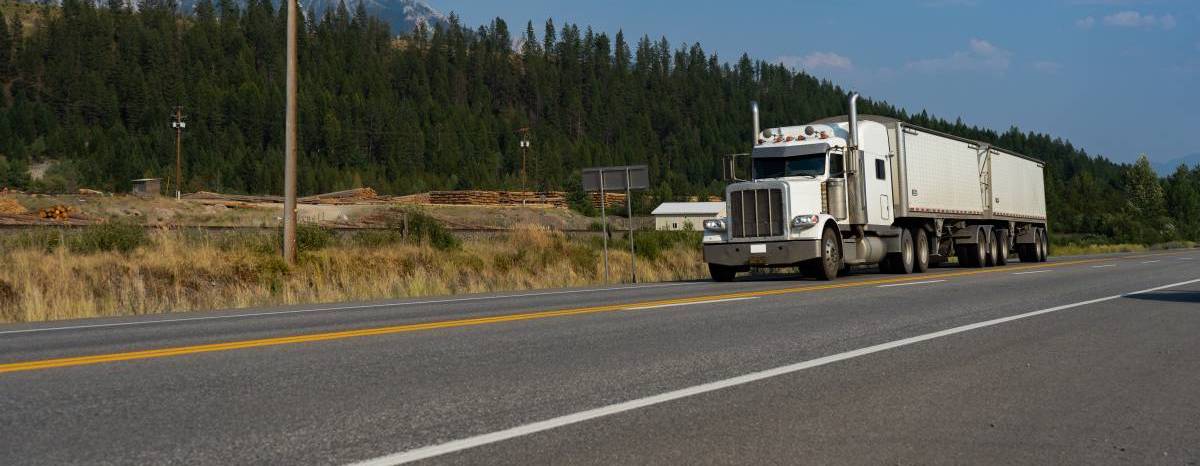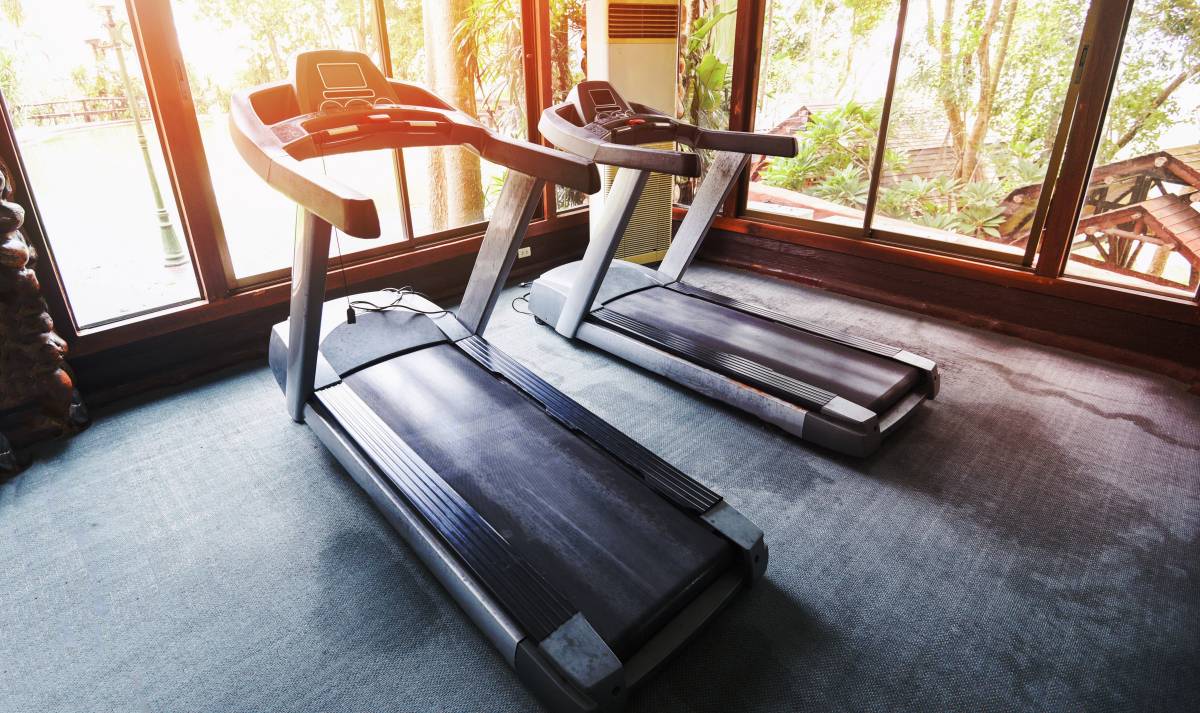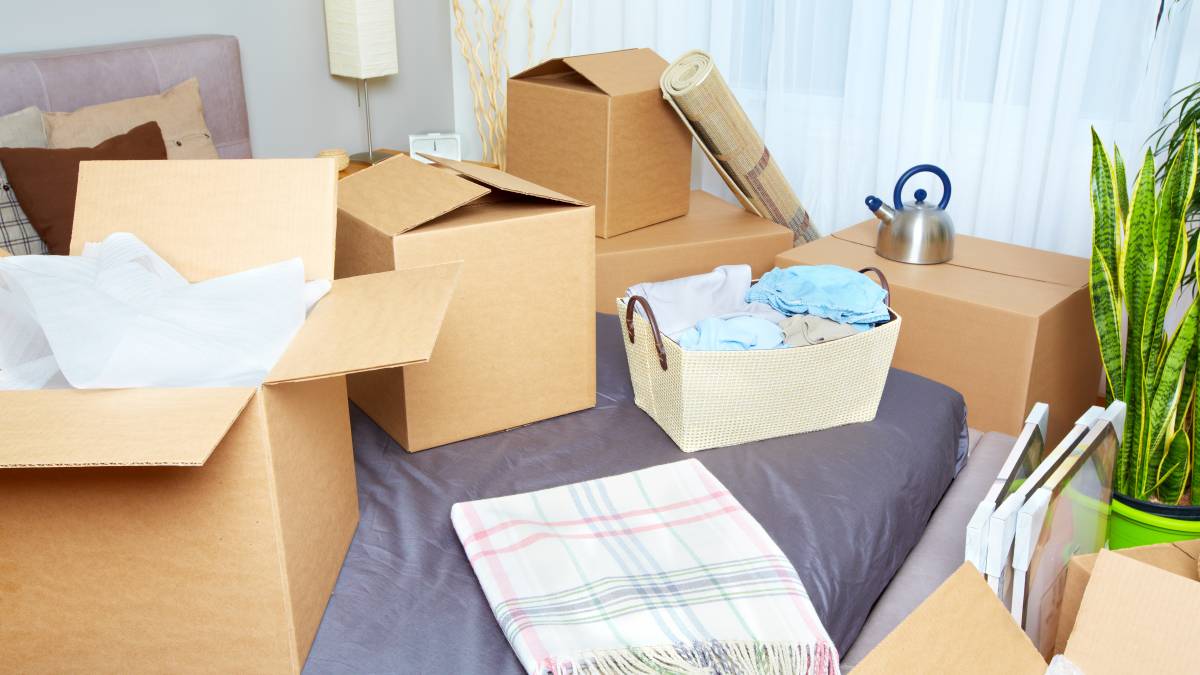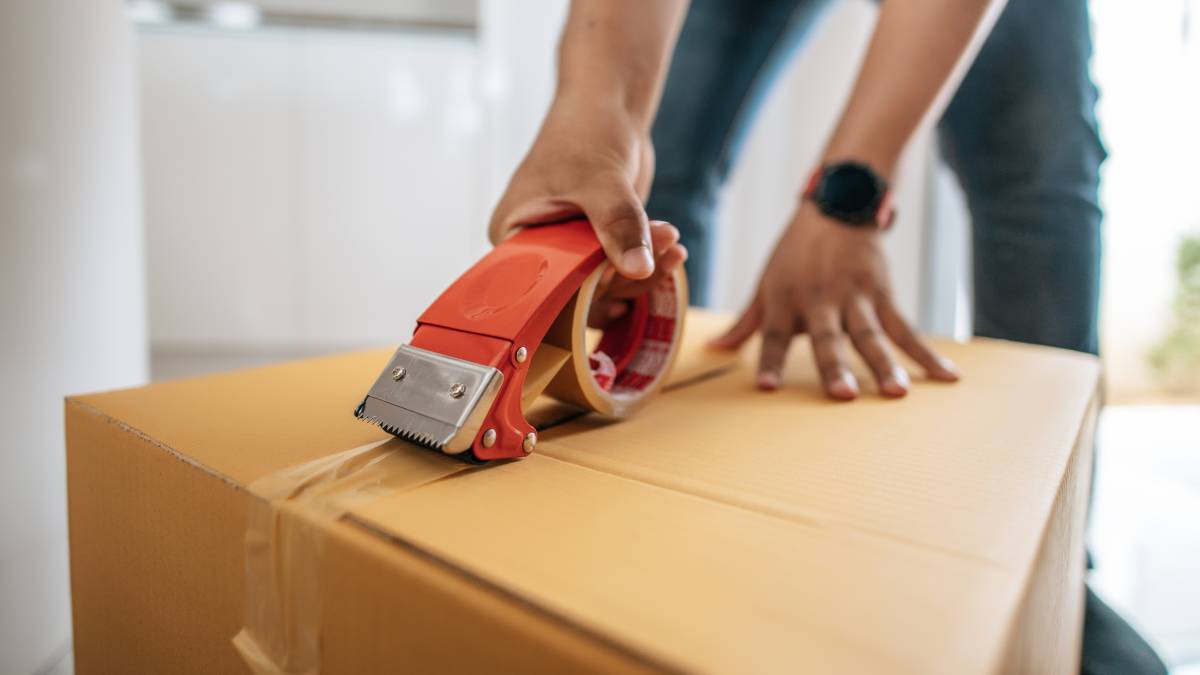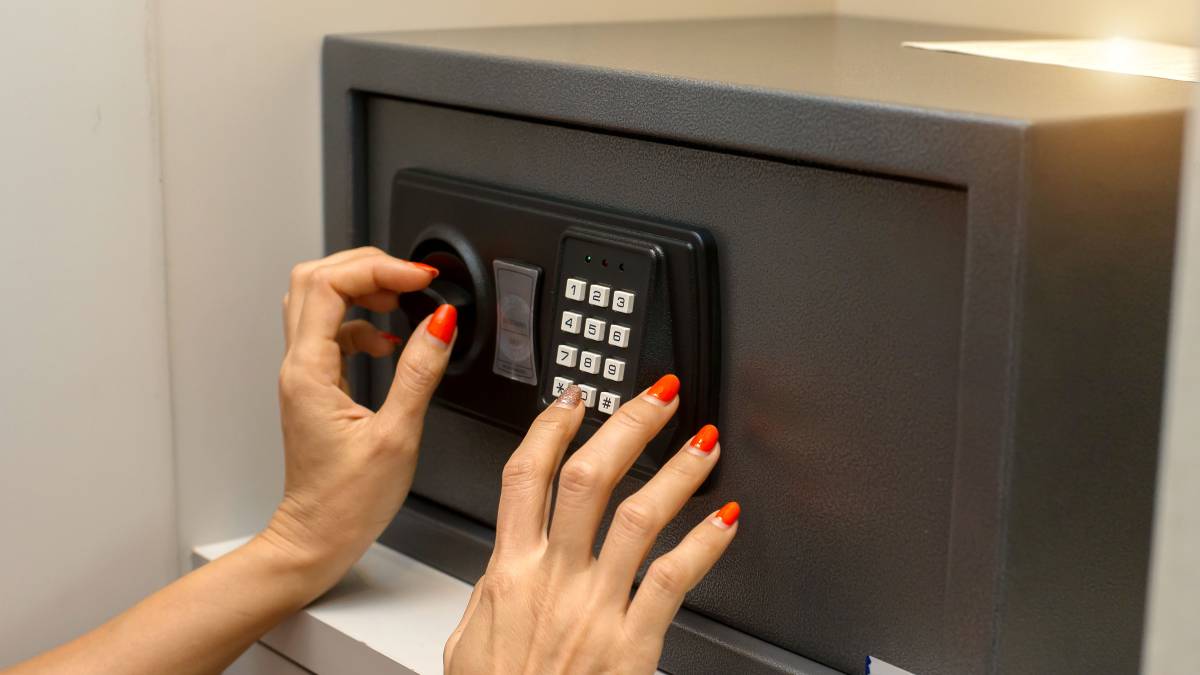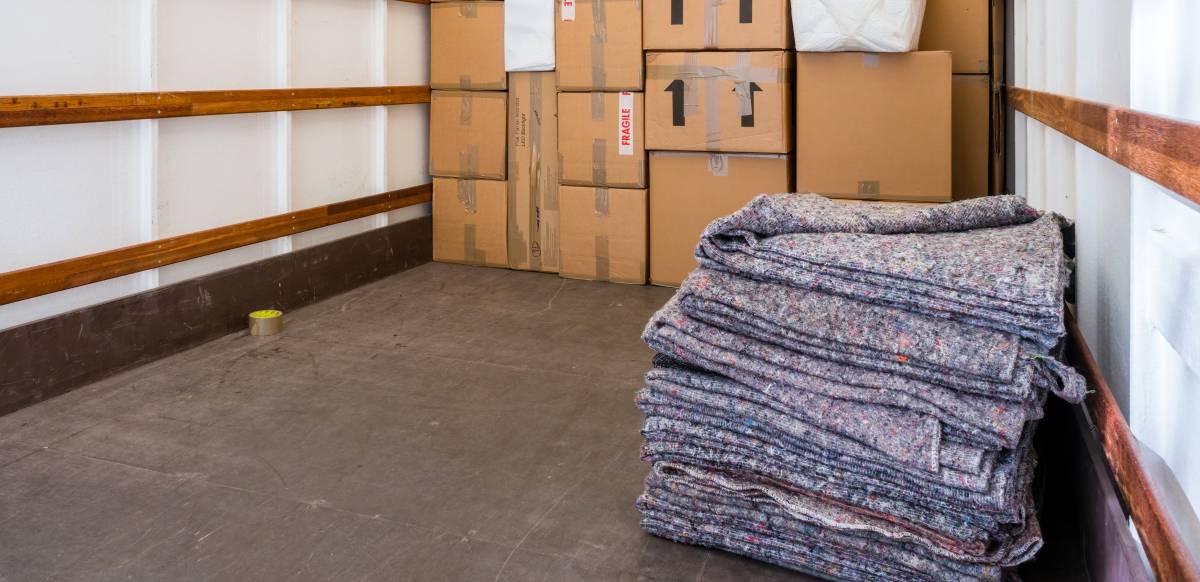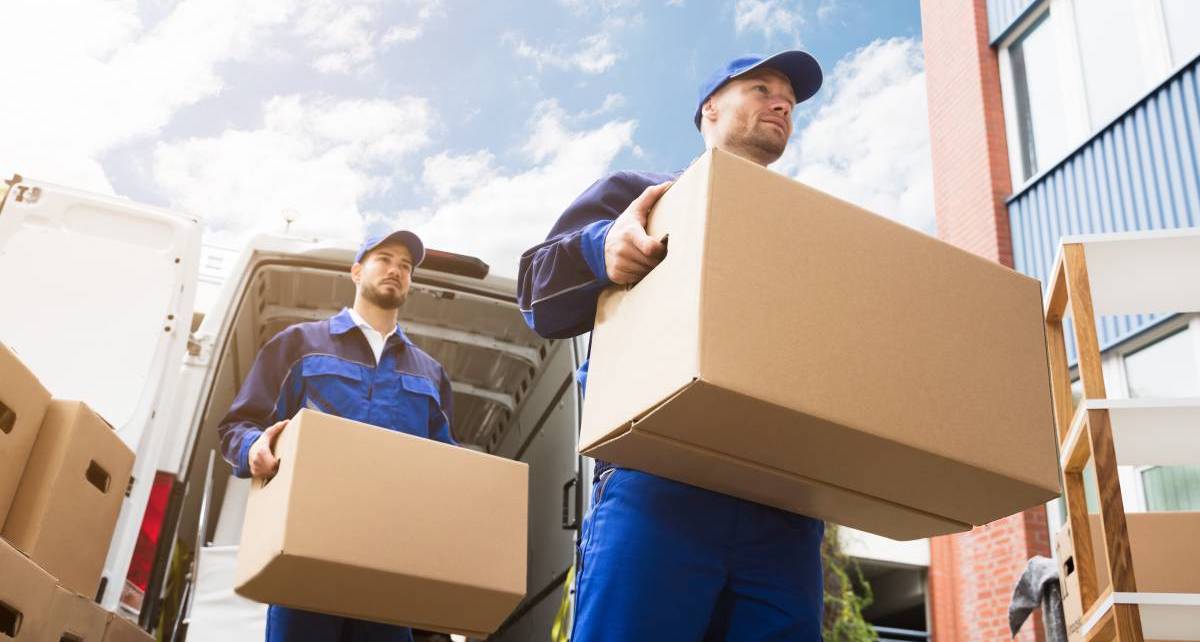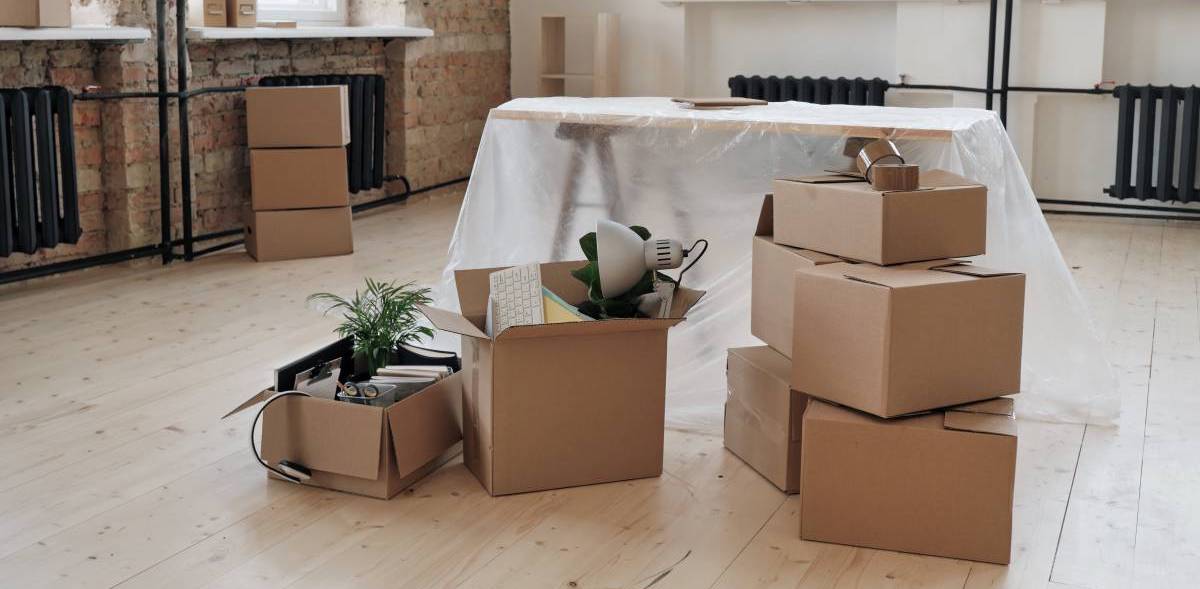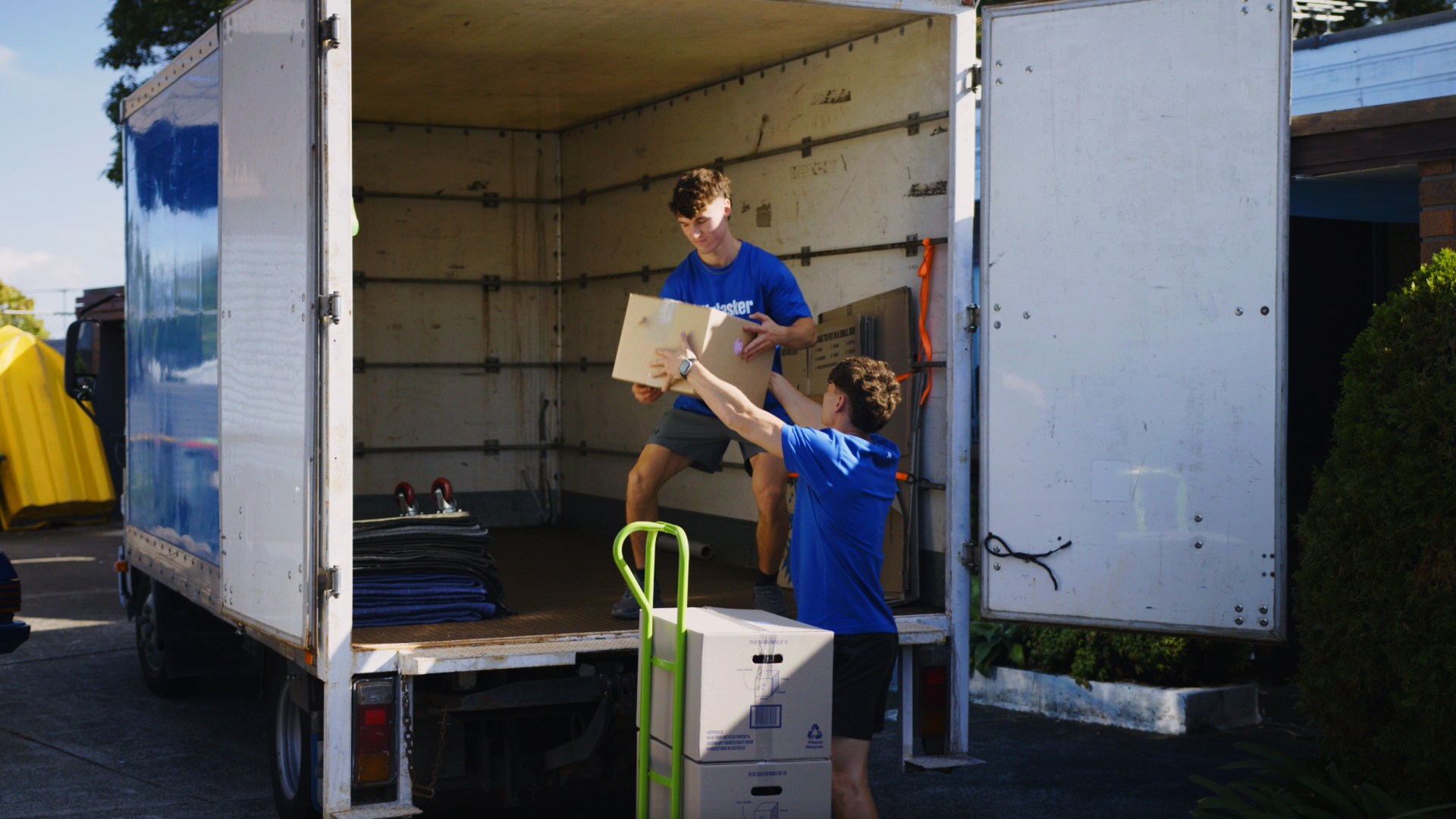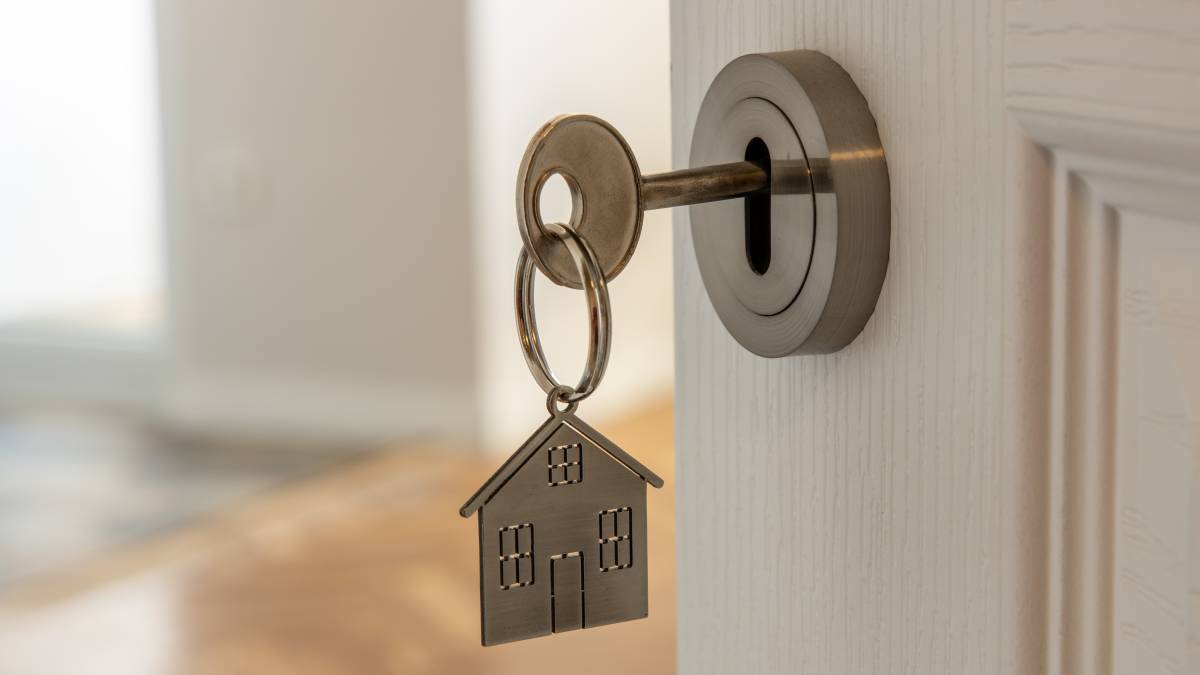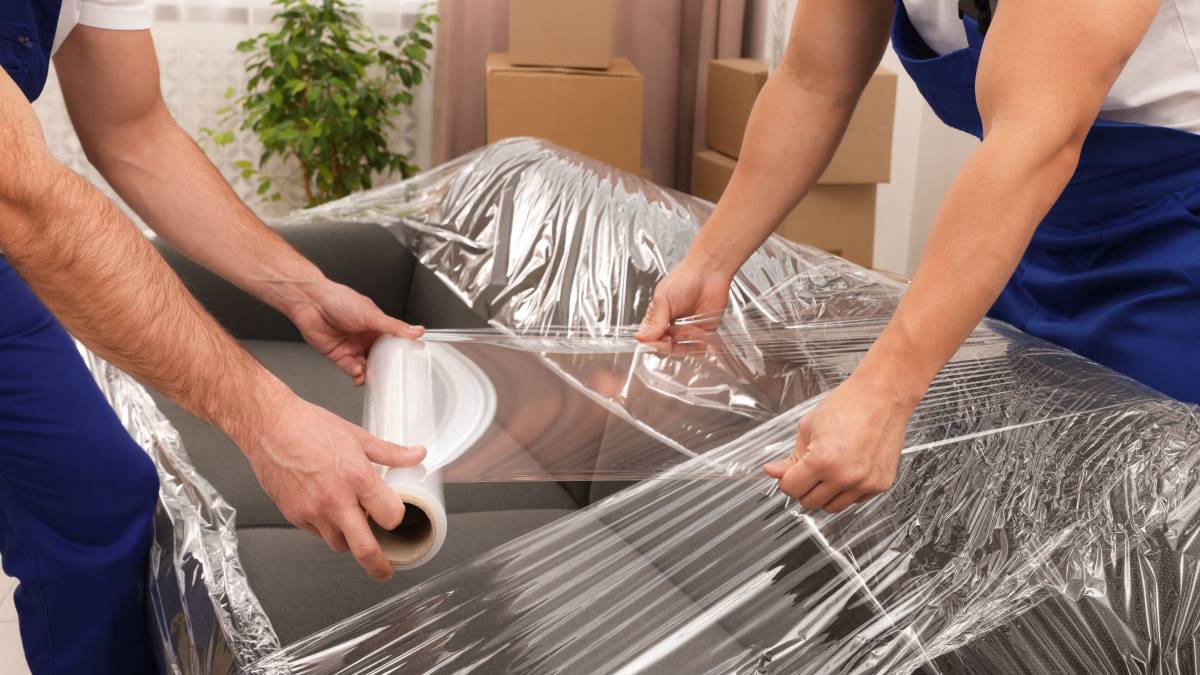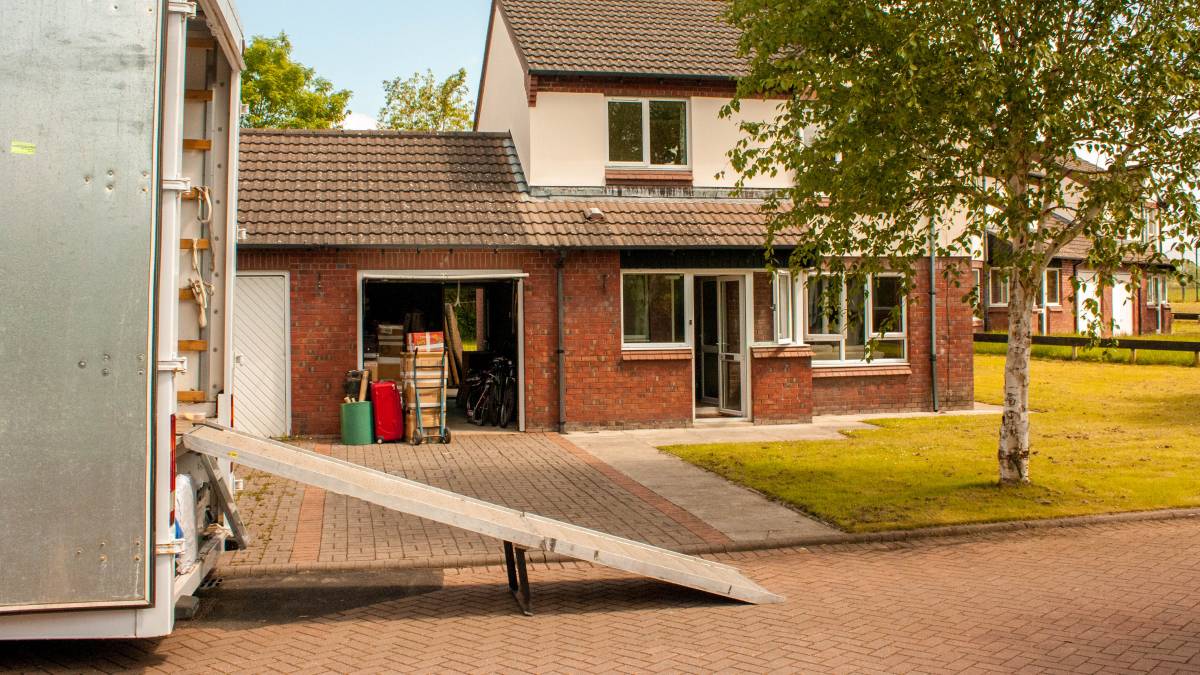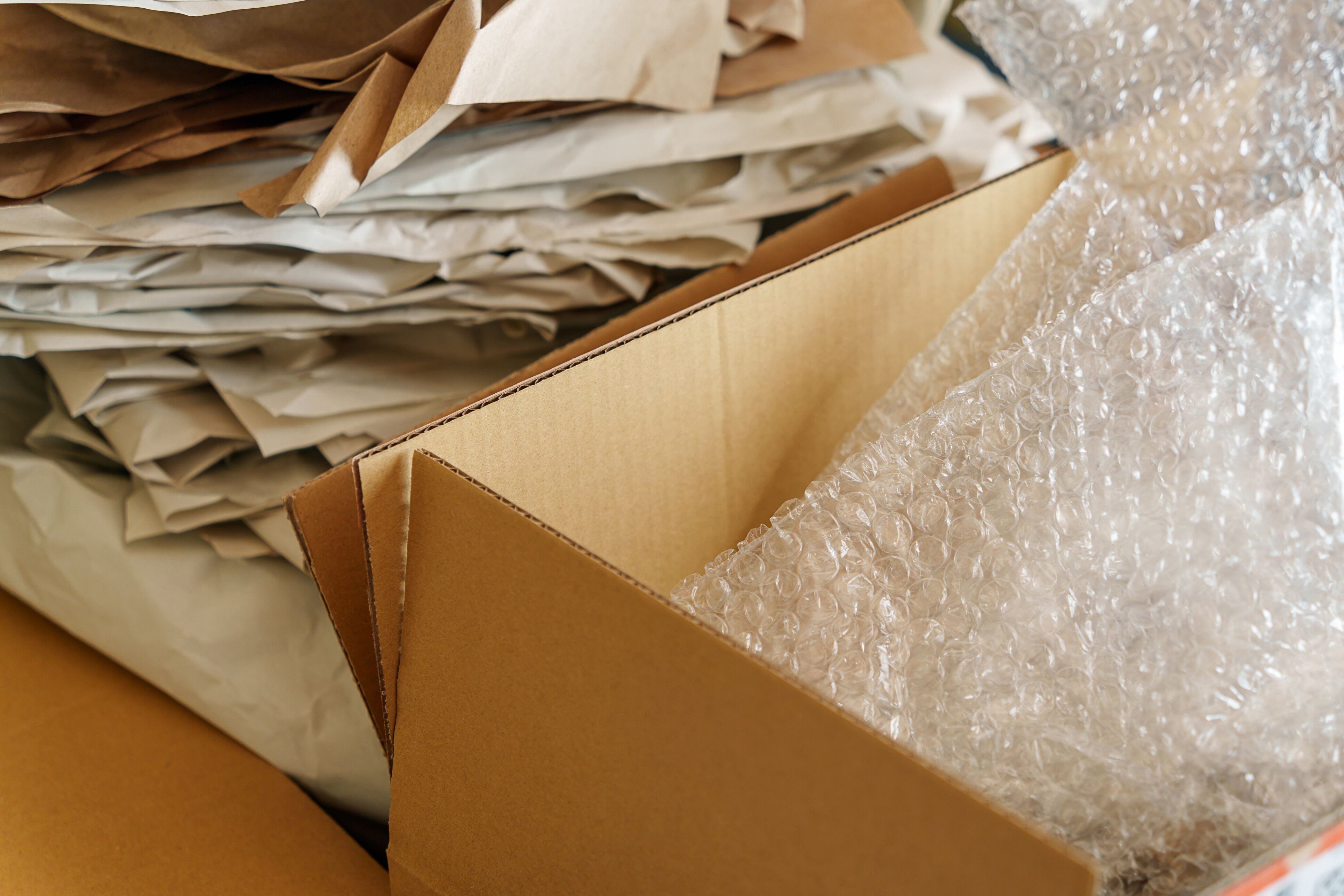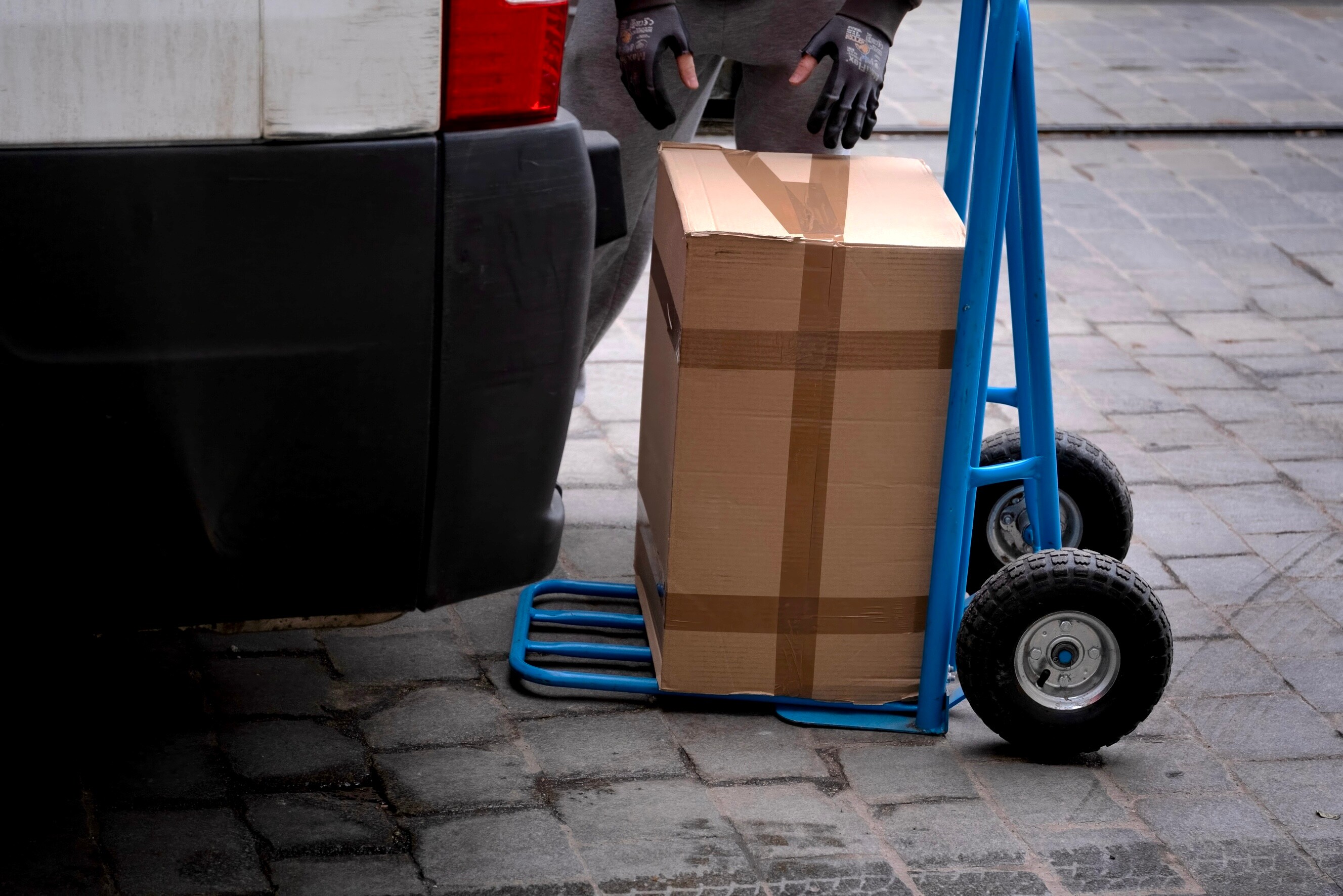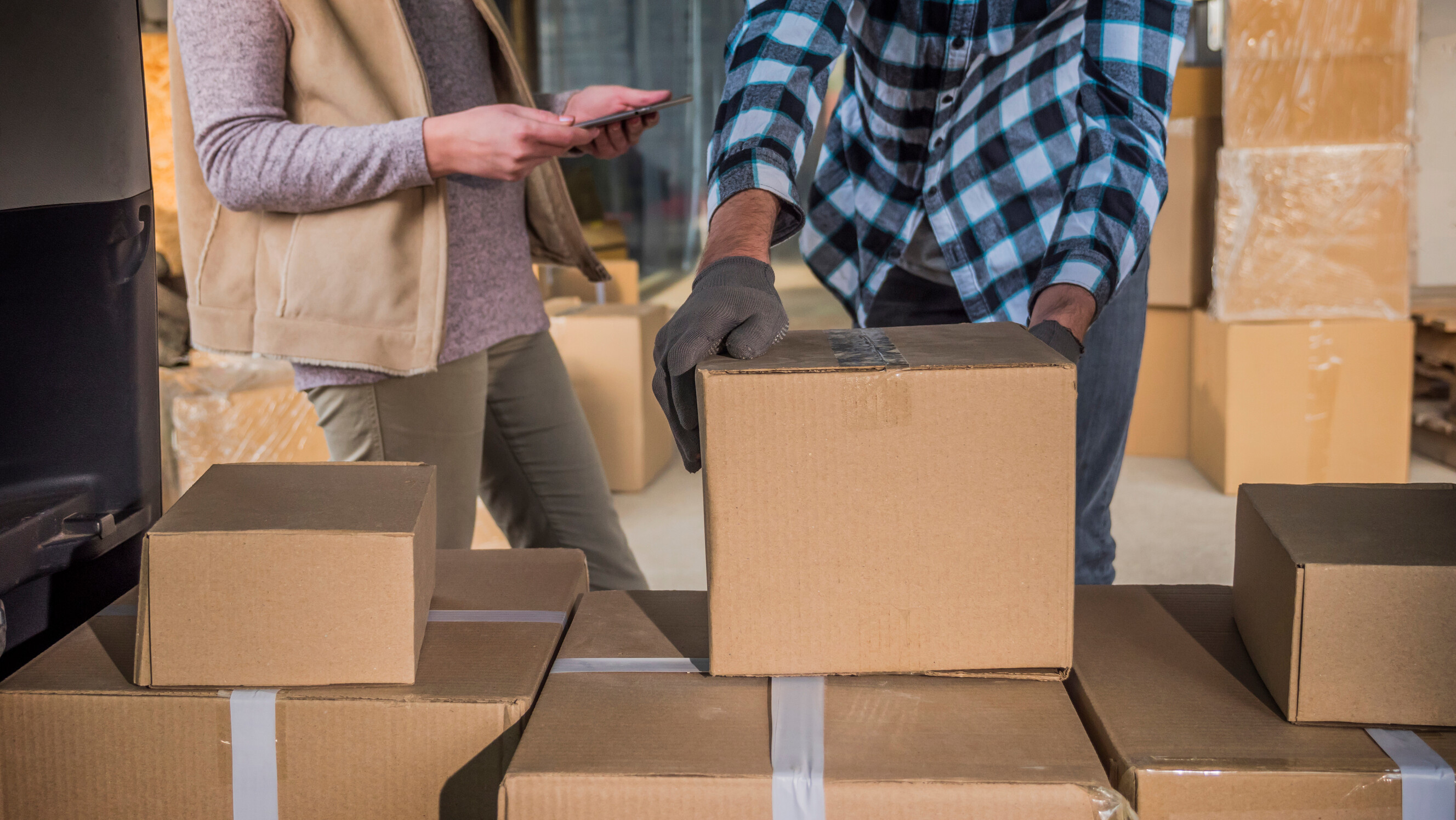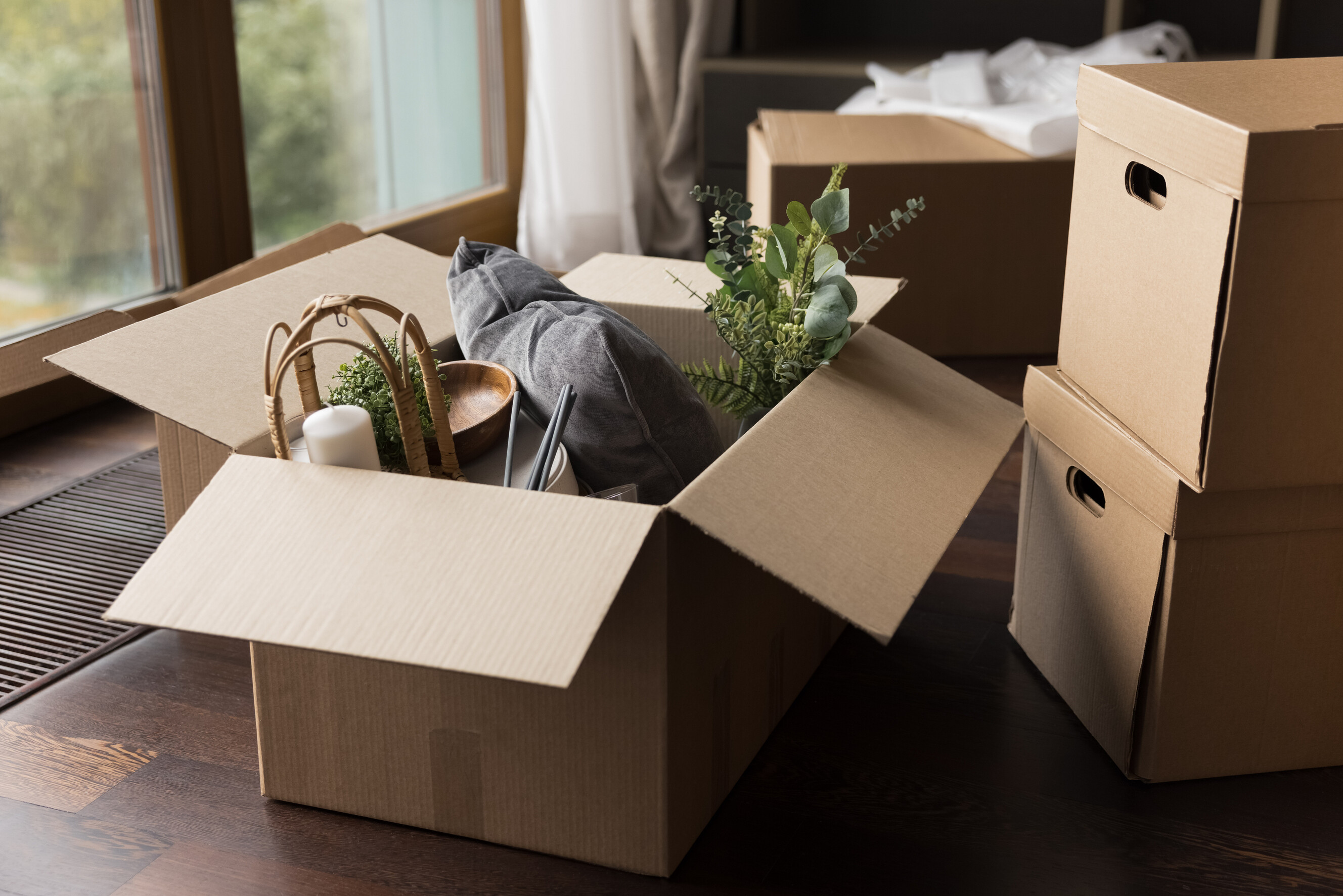
From regional city to capital: A guide to moving, settling, and thriving in London
Everything you need to know before moving to London from Manchester, Bristol, and beyond
Last Updated on

Written by Ana K.
Contributor
Read more about our contributor
| Typical Distance Covered |
Estimated Completion Time |
Ideal For |
|---|---|---|
| 50 to 500+ miles |
6 to 72 hours |
Young adults, students, families |
Key Takeaways
Relocating to London is challenging, but knowing how to handle logistics efficiently and transport your possessions safely can make the process more manageable.
Some things to consider before relocating to London are your neighbourhood options, the costs of living and moving, and the ideal time to move.
To settle in the city, remember to connect your utilities, update your accounts, and scope out nearby amenities and services for your family.
Moving to London, the cultural and political capital of the UK, can open a lot of doors in terms of your career, education, and personal experiences. But the arduous process of relocating to this vibrant city can easily leave you knackered.
If you’re already getting the moving jitters, this comprehensive guide can help you navigate the challenges associated with starting your life in the Big Smoke.
Why are people moving to London?
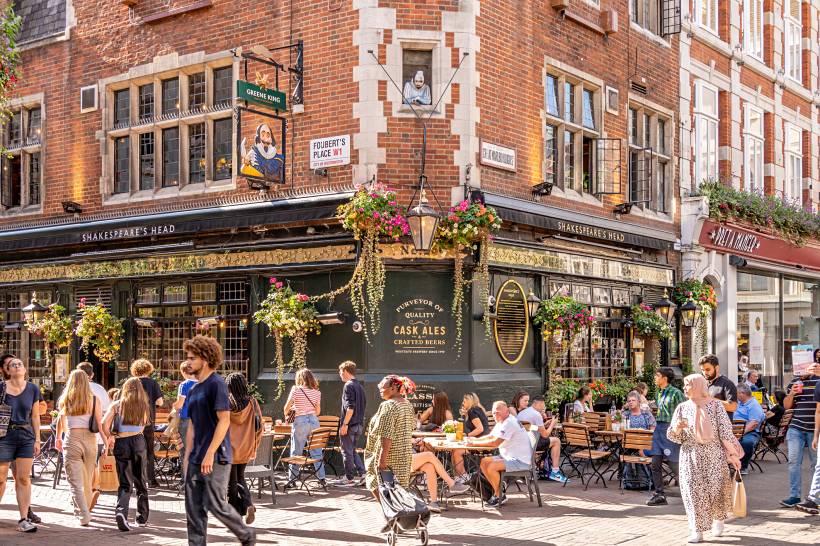 Street view of everyday life in Soho, showcasing London’s vibrant social culture (Source: iStock)
Street view of everyday life in Soho, showcasing London’s vibrant social culture (Source: iStock)
Many individuals are drawn to seek a new life in London, as it offers a multitude of opportunities for people of all kinds.
Lifestyle and culture
London is a thriving global hub, as evident in its diverse cuisines, international students and other visa holders, and multicultural celebrations. It also offers a range of recreational and cultural activities, catering to all interests. In fact, one can be a stone’s throw away from Sherlock’s 221B Baker St. lodgings, live music at the Royal Albert Hall, a well-known museum, or a world-famous football club’s HQ.
Career and job opportunities
Is London a good place to live for those seeking career progress and job opportunities? Definitely! Based on the Department for Work & Pensions’ job portal, London offers work prospects across various industries. These include healthcare, education and childcare, hospitality, finance, engineering, social work, and skilled trades. So before relocating to London, get your CV ready if you’re looking for a job that matches your experience and skills.
Weather and climate
London has a reputation for being grey and gloomy. However, many people actually find that its climate is mostly mild and temperate since, contrary to popular belief, the typical weather in London is not overcast all year round.
| Season |
Average Temperature |
Description |
|---|---|---|
Winter (December to February) |
5°C or lower to 9°C |
Usually cold and rainy, with occasional snow |
Spring (March to May) |
6°C to 18°C |
Transitioning from cold and rainy to warm and sunny |
Summer (June to August) |
15°C to 23°C |
Pleasant and warm, with occasional rains |
Autumn (September to November) |
10°C to 20°C |
Transitioning from warm to cold and very rainy |
What should you research before moving to London?
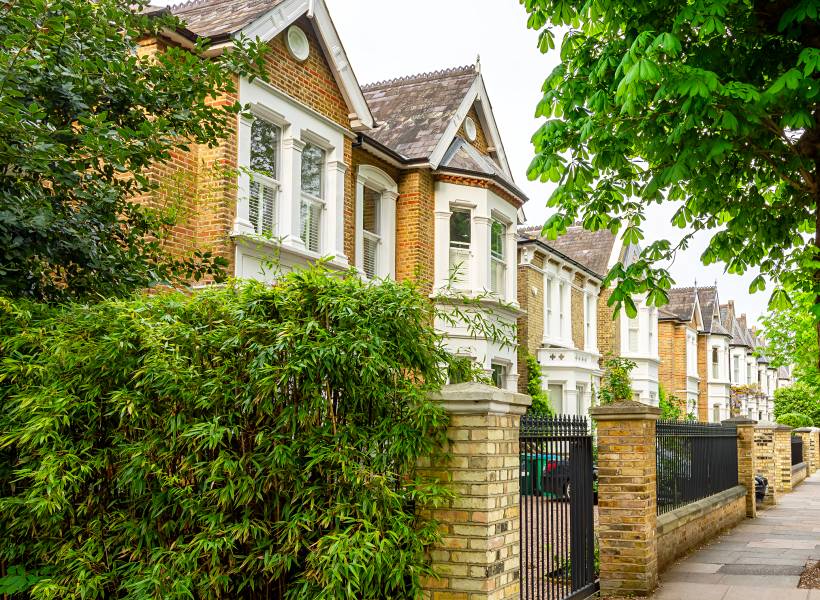 Brick townhouses with bay windows along a leafy suburban street in London (Source: iStock)
Brick townhouses with bay windows along a leafy suburban street in London (Source: iStock)
Before jumpstarting your life in London, take the time to learn crucial city-related information, such as the perfect neighbourhood for your lifestyle and needs, as well as the costs associated with living and moving.
Cost of living
Londoners have higher salaries compared to people from other cities. However, the difference in earnings is typically offset by the cost of living in the capital, which is rather steep; the average life expenses in London per month for a single person is £2,635, while the national average is only £1,732.
An individual’s monthly cost of living in London, England, usually comprises the following amounts:
| Type of Expense |
Average Monthly Amount |
|---|---|
Rent and utilities |
£1,760 |
Transportation |
£277 |
Groceries |
£456 |
Other possible monthly expenses include a mobile phone plan (£15 to £65), dine-outs (usually £20 to £80 per meal), and sports and leisure activities (around £15 to £50 per activity).
Neighbourhood options
Looking for great places to live in London? For families searching for low-crime and low-traffic neighbourhoods in London, many real estate agents will point them to various areas in Greenwich, Chiswick, Richmond upon Thames, and Sutton. There’s also a good selection of child-friendly amenities and schools in or near these districts.
Meanwhile, some of the best places to live for young professionals in London—covering different tiers of rental prices—are Brixton, Elephant and Castle, Clapham, Hammersmith, Bethnal Green, and Wembley. What these locations have in common are their numerous attractions and amenities, as well as their cultural diversity, which most young adults seek out and appreciate.
Best time to move
Timing your relocation to London can significantly impact both your costs and stress levels. Understanding seasonal patterns helps you choose when to move based on your priorities and circumstances:
| Season |
Pros | Cons |
|---|---|---|
Winter |
Most affordable option, with 19% less demand than average on Airtasker. |
December through February brings challenging weather conditions. |
Spring |
Mild temperatures create comfortable conditions for a physically demanding day. |
Prices begin climbing as the moving season approaches. |
Summer |
Dry weather and long days create ideal conditions for moving. |
Competition for services drives prices to their peak. |
Autumn |
Activity drops off after the summer peak. |
November brings increasingly wet conditions that can slow down the moving process. |
Winter offers the best value if cost is your primary concern. With demand at its lowest point, you’ll find competitive quotes and won’t struggle to book a quality mover on short notice.
For families with children, consider scheduling your move in late August before the school term begins. You’ll avoid the peak summer pricing while still benefiting from decent weather, though expect to pay moderately above the yearly average.
Cost of moving
Is moving to London expensive compared to other UK cities? The short answer is yes. The average cost of relocating to London is £600 to £3,000 per bedroom. Meanwhile, the typical price range in other areas isn’t as high; in places like Manchester, Leeds, Belfast, and Nottingham, movers’ fees can fall below £500 and don’t usually go above £2,500 per bedroom.
What should you do on your London moving day?
Knowing how to move to London efficiently ensures a trouble-free operation and prevents your resources—such as your time and money—from being wasted.
Strategically coordinate movers and services
Being able to manage the logistics of your move can significantly impact the entire process in a good way. Therefore, it’s best to coordinate relevant details with service providers promptly.
For instance, don’t forget to confirm your moving truck’s packing capacity and insurance coverage. It’s also important to coordinate with removal companies regarding timelines, such as the date you’re planning to dispose of or transport your various appliances, pieces of furniture, and other possessions.
Carefully transport your belongings
Save money during transport and avoid pricey errors by properly packing delicate items and your valuables. If some objects are too heavy for you to lift, don’t hesitate to hire experts to ease your burden. Not only will this prevent accidents and damage, but it’ll also help you steer clear of any potential injury.
Critically double-check everything
Before stepping out of your old quarters for the last time, double-check that every room is clean, no item is left behind, and everything’s unplugged and turned off.
And after your short- or long-distance move, inspect your boxes and bags in case there’s any missing or damaged item so you can deal with it right away.
How do you get settled in London after moving?
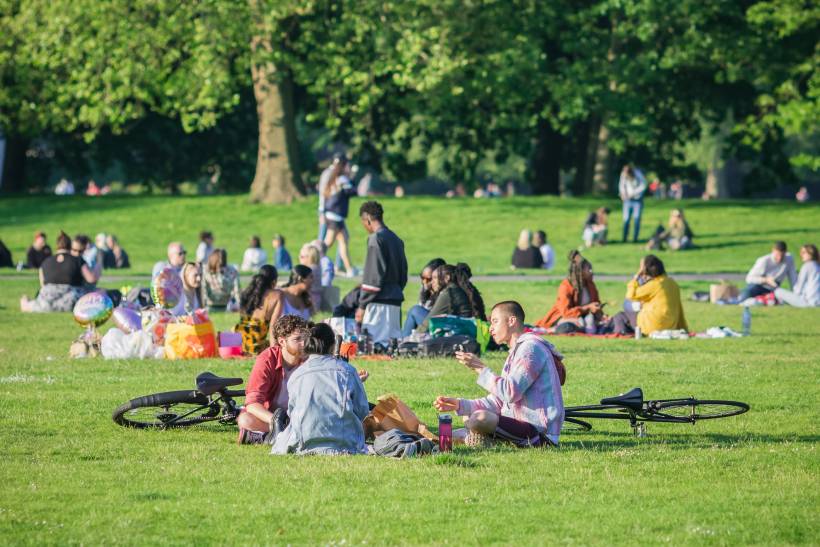 Locals and visitors make the most of good weather in one of London’s public parks (Source: iStock)
Locals and visitors make the most of good weather in one of London’s public parks (Source: iStock)
Getting settled in your new home in London takes more than unpacking your possessions and reassembling your furniture. There are accounts to update, utilities to connect, and your local neighbourhood to explore.
Connect your utilities
Reach out to local suppliers (if no utility connections exist yet) or contact your new house’s current providers to ensure you can deploy the following utilities from day one:
| Utility Type |
Examples of Suppliers/Providers |
|---|---|
Gas and electricity |
British Gas, OVO, EDV, E.ON Next, Octopus Energy |
Water |
Thames Water, Affinity Water, SES Water |
Internet |
Sky, Virgin Media, BT, Plusnet, EE broadband |
It is ideal to communicate your move-in date to these service providers and update or create your accounts in advance. Additionally, get in touch with the rubbish collector in your area as early as possible.
Update your licences and documents
Learning how to become a London resident also involves knowing which government-issued licences and accounts to update. These include the following:
| Licence/Account |
How to Update |
|---|---|
Council tax account |
Find your new council and contact them to register a new account |
Electoral register status |
Register again and update your contact details |
Driver’s licence |
Update the licence by changing the indicated address |
For uninterrupted services, you should also ensure to have the following accounts updated:
Royal Mail account
Bank accounts
Subscriptions and online shopping accounts
TV licence
Insurance policies
In many cases, you can easily change your registered address, account number, or other contact details by logging in to a service’s online portal. However, do note that some service providers require a physical visit or proof of address change. To ensure you’re following the correct process, it’s recommended that you promptly reach out to the relevant agency or company.
Secure council-related permits
If you require on-street space for your vehicles, you must apply for London parking permits when moving to the city. You will also likely need to seek council approval and permission from your landlord (if renting) if you’re planning to make some changes or renovations to your new place. These include installing a heating or air conditioning system, changing doors and windows, and replacing electrics.
Ensure your family’s welfare
After moving to London, take the time to search for key services and amenities in your neighbourhood. These include shops and supermarkets where you can do grocery runs, food establishments that accept dine-in and delivery orders, hospitals and pharmacies, and bus stops and train stations. If you moved with your kids, it’s also wise to check out nearby schools with affordable tuition fees, playgrounds, and childcare centres.
Also think of your pet
If you brought your furry friend to the city, be aware that there are specific rules regarding pet ownership. Some of these are as follows:
Pets should be microchipped and have up-to-date vaccinations.
Pets should be restrained when in a moving vehicle.
In most public places, including various modes of transportation and several parks, dogs should be on a lead or in a carrier.
Dogs should wear a collar that contains their owner’s name and contact information, including their address.
And for your pet’s well-being, it’s advisable to locate reliable pet care service providers and off-leash dog parks in your area.
How do you get around in London?
 A glimpse of London’s public transport and urban architecture near the Underground (Source: iStock)
A glimpse of London’s public transport and urban architecture near the Underground (Source: iStock)
Explore the ins and outs of the London transport system so you can get around the city in the most efficient way.
By train and Underground
If you have experienced visiting London prior to relocation, you’ve probably already used the London Underground, or the Tube, to move around the city. This iconic and accessible form of public transport has 11 lines (including the District, Jubilee, Central, and Metropolitan lines) and accepts various payment options (e.g., Oyster card, contactless, and paper ticket).
Apart from the Tube, there are city trams and the Docklands Light Railway or DLR. While these three distinct train systems cover different areas, they have integrated payment methods that make commuting convenient.
By Overground and National Rail
The London Overground is another train network whose lines traverse across the city. It seamlessly connects with the National Rail system, which, as its name suggests, can take you to nearby suburbs and even distant cities.
By bus
With fares costing £1.75 a piece, bus rides are a top choice for travelling around London. There are roughly 8,000 buses per day serving around 700 routes across the city, with many lines available 24/7 or until the wee hours of the morning.
Commuting with kids or pets on a bus also has its perks, as children under 11 and well-behaved pets can ride for free.
By bike
In recent years, London has been developing and expanding its web of cycleways to make bike travel safe and reliable for the whole family. With the presence of over 20,000 bike parking spaces and affordable bicycle hire schemes (such as Santander Cycles), this mode of transport has never been a more sound option if you want to go from point A to point B within the city.
By private car
Driving a car to commute within London entails knowing your responsibilities as a vehicle operator. These include having an up-to-date auto insurance policy and paying the following fees (typically via Auto Pay or app) when necessary:
Congestion charge (£15 to £17.50): Applied in Central London from 7 am to 6 pm (Monday to Friday) or from 12 pm to 6 pm (Saturdays, Sundays, and most bank holidays)
Tunnel charge (£1.50 to £4): Applied when passing through Blackwall or Silvertown tunnel
Ultra Low Emission Zone or ULEZ daily charge (£12.50): Applied in certain zones within London, covering vehicles that do not meet the ULEZ emissions standards
Despite these charges and the limited parking spaces in London, driving can be the most convenient way to travel if you’re carrying big loads or going to hard-to-reach areas.
By taxi or rideshare
Rideshares like Uber and Bolt allow you to book a ride to any destination within London with the tap of a finger. They also have low base fares and allow digital payments. On the other hand, black cabs, while having relatively higher base fares, do not practice surge pricing and have fixed metred fares.
Both means of transport can be good options if you’re bringing heavy luggage or going somewhere with kids.
On foot
Curious how to save on transport in London every day? You have the option of travelling on foot if your destination is within walking distance. Deemed one of the most walkable cities in the world, London has an abundance of paths, green spaces, and pedestrian-friendly infrastructure.
By river
Make use of the city’s waterways by riding a Thames Clippers boat or the Woolwich Ferry. While a single-entry ticket for the former costs £5.90 to £21.40, the latter is a free service that allows passengers to load bikes and certain vehicles.
What are fun things to do as a new Londoner?
 Visitors exploring the grand hall of London’s Natural History Museum (Source: iStock)
Visitors exploring the grand hall of London’s Natural History Museum (Source: iStock)
There are countless fun things to do in London on the weekend and the rest of the week; from visiting typical tourist spots to participating in exciting everyday experiences, getting to know the city through different delightful lenses is always gratifying.
Explore the city’s remarkable sights
Make the images from postcards a reality by going to London’s famed sites and landmarks, including the Tower Bridge, the London Eye, Buckingham Palace, Big Ben, and the Houses of Parliament.
Try familiarising yourself with local neighbourhoods as well by discovering the unique offerings of Shoreditch, Soho, Camden, Notting Hill, and other places of interest.
Enjoy London’s culture and arts
Get to know your new city’s rich history and culture by paying a visit to the Tate Modern, the British Museum, and the Natural History Museum. If you enjoy the performing arts, some excellent options include the O2 Arena, the Royal Opera House, Soho Theatre, and other West End institutions.
Another way to experience culture in London is to drop by Southbank Centre, where a vast array of events (from talks and performances to art exhibits and gigs) occur throughout the year.
Experience the food and nightlife scene
Why not immerse yourself in London’s exuberant nightlife scene through its pubs (e.g., The Porterhouse, The Coach & Horses, Ye Olde Mitre) and clubs (e.g., Ministry of Sound, Fabric, Heaven)?
The city’s food scene, likewise, is dynamic and diverse; you can find places like the Borough Market, casual bistros, and fancy Michelin-star restaurants catering to different palates, including those that crave Asian, South American, and traditional meals (e.g., Irish and English breakfast).
And if you’re looking for quiet places to hang out in London and have your flat white or cream tea in peace, you also have several cafe and tea shop choices, such as Monmouth and Claridge's.
Get outdoors and stay active
London is home to several sports centres and fitness hubs that can help you stay active and healthy. From pitches and courts that offer coaching to studios that hold aerobics and Zumba classes, there are lots of options, no matter your preferred way of staying fit.
If you want to try low-cost or free activities that don’t significantly add to your living expenses, you can also ride your bike to or walk through the Thames Path or Richmond Park.
Join local events and communities
Joining book, film, dance, and social clubs is a great way for newcomers like you to meet new people. You can also attend events and festivals, such as the Notting Hill Carnival, Wimbledon games, the London Marathon, and BST Hyde Park, which can keep your London life peppered with fun and engagement.
Have a capital moving experience with Airtasker
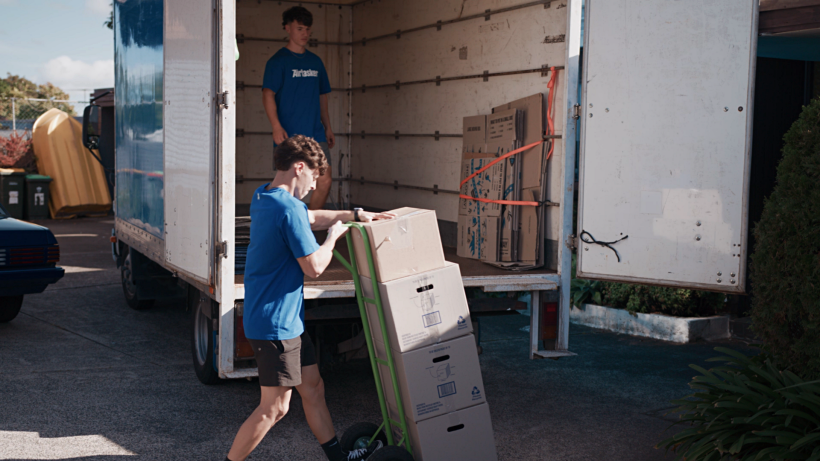 Taskers unloading a truck as part of a residential move
Taskers unloading a truck as part of a residential move
Need some assistance moving your entire life to London? Why not hire reliable experts to handle the tedious parts of the process?
To find pros with solid experience in house removal services, all you need to do is:
Sign up on the Airtasker app or website.
Post a task with all the pertinent details, including what you need done, your moving budget, and your moving date.
Wait for Taskers to respond and choose the best one based on client reviews and ratings.
With Airtasker, you can leave the stress of moving behind and look forward to a smooth start in the big city.
Helpful resources for those moving to London
Do you need further guidance on moving or acclimatising to London? Check out these resources:
Family Information Service
Those moving to London can visit the Family Information Service website to find child-focused resources that can help them get settled in the city. These include services and information related to education and schooling, childcare, and child development.
Transport for London - Travel tools
Transport for London, or TfL, is an online resource that educates London transplants, locals, and visitors about the modes of transportation available to them. The website’s Travel tools section can help new residents learn about non-peak travel times, planned closures, and live bus stop and train station activities within the city.
Barbican and Community Libraries
London’s public libraries are a boon to residents, including those who have just moved to the city. Aside from offering free access to physical and digital books, audiobooks, movies, and quiet spaces, many of these institutions also organise employment programmes and run games clubs.
Mayor of London programmes
Whether you’re new to the city or not, the London government may be able to offer you financial support with household bills, transport, childcare, and other matters. Check if you’re qualified to receive assistance by visiting the Mayor of London’s website.
Citizen Advice
Similar to government programmes, Citizen Advice’s network of charities offers free support to people in need. If you’ve just moved to London, it can offer you guidance on family, housing, health, and consumer matters. Additionally, it can give you valuable information if you’re seeking job and career opportunities in London.
Learn more about our contributors

Written by Ana K.
Contributor
Ana always puts a premium on accuracy, clarity, and style when writing—a practice that her English degree has instilled in her. She excels at covering topics related to pet care, home and interior design, and food, which count among her varied interests. She also enjoys nature and street photography, as well as travelling. Overall, Ana uses her love for research to engage Airtasker readers with fun, practical content.
FAQs on moving to London from within the UK
An annual salary of £50,000 to £60,000 for a single person allows for a comfortable life in the UK’s capital.
Going the DIY route can seem like the cheapest way to move your possessions to London. However, hiring affordable yet reliable expert movers who know how to avoid additional costs and other complications associated with relocation can prove more economical in the end.
Yes, London is a good place to live in the long term for career-focused individuals and those who enjoy the cultural and urban experiences that the city has to offer.
Many people find it difficult to adjust to London life due to its high living costs, unpredictable weather, crowds, and fast-paced environment.
Find removals experts, fast
Find a removals expert
Related price guides
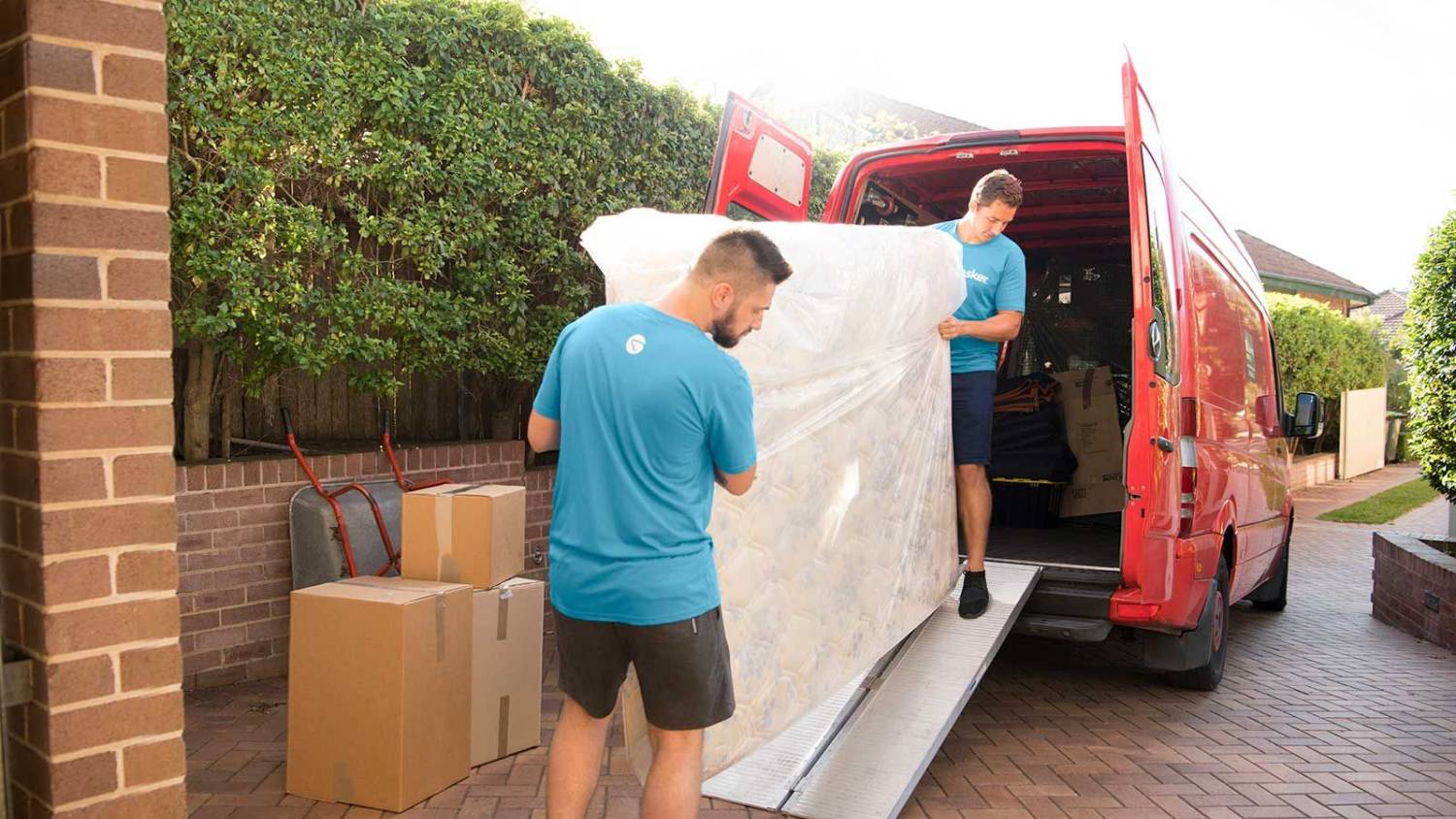
How much does it cost to move house?
Read more

How much does it cost to move house?
Read more
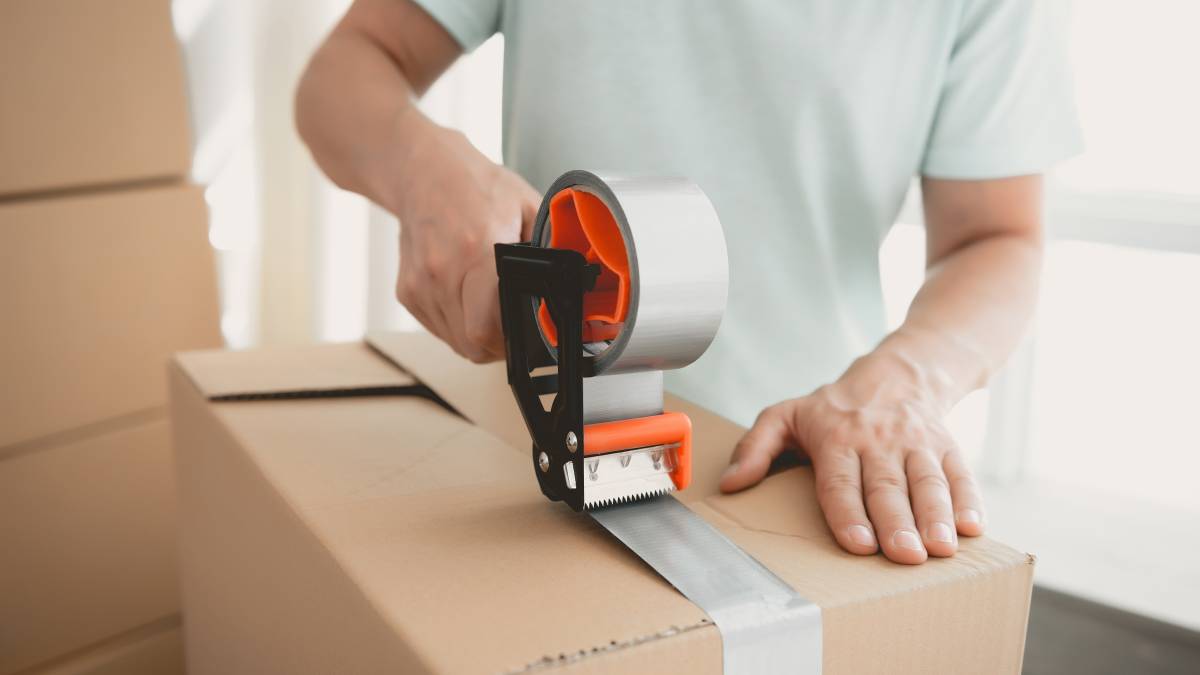
How much do packers cost?
Read more
Related articles
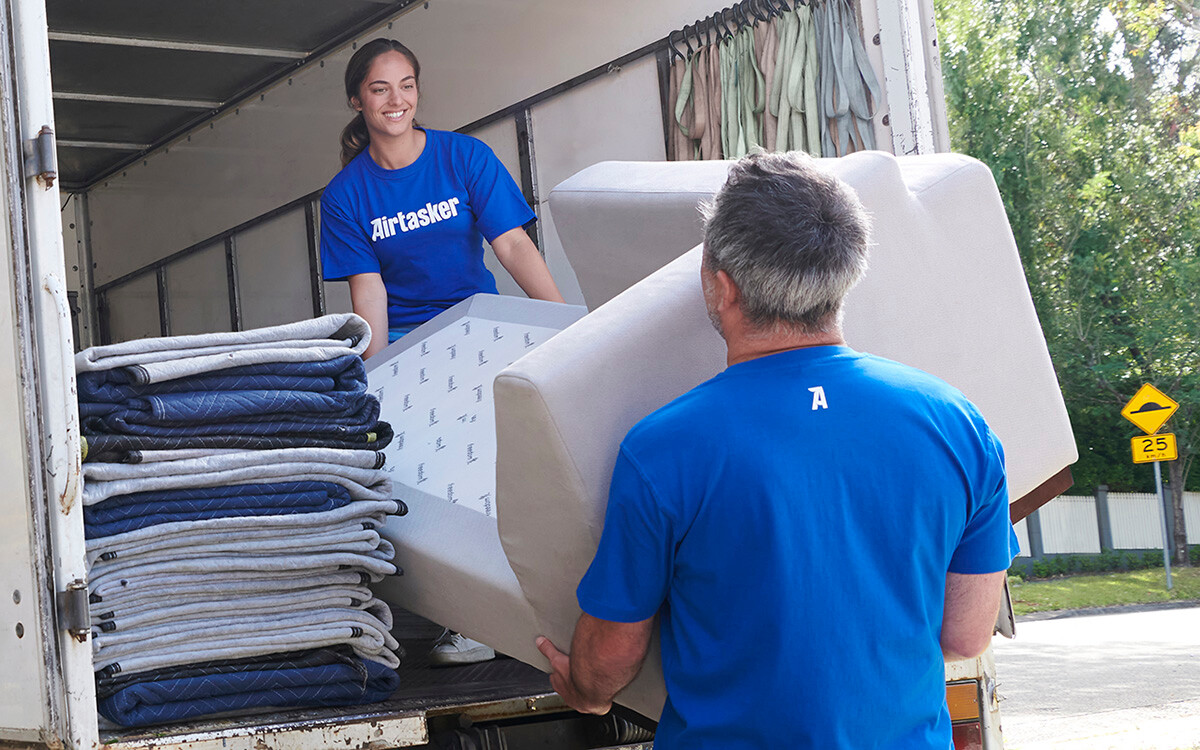
Moving Checklist
Read more

A guide to becoming a removalist
Read more

Tips for moving house with kids
Read more

How to pack mirrors for moving
Read more
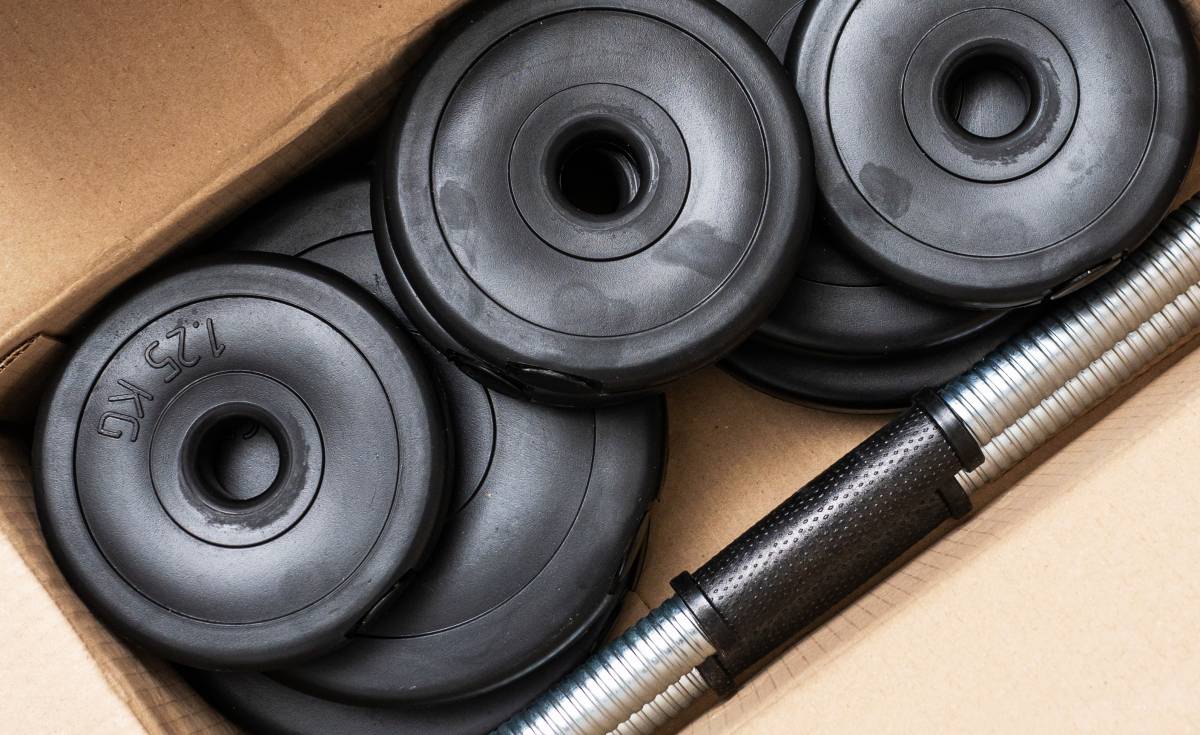
How to move gym equipment safely
Read more

How to pack kitchen items for moving
Read more

How to pack books for moving
Read more

How to pack artwork for moving
Read more
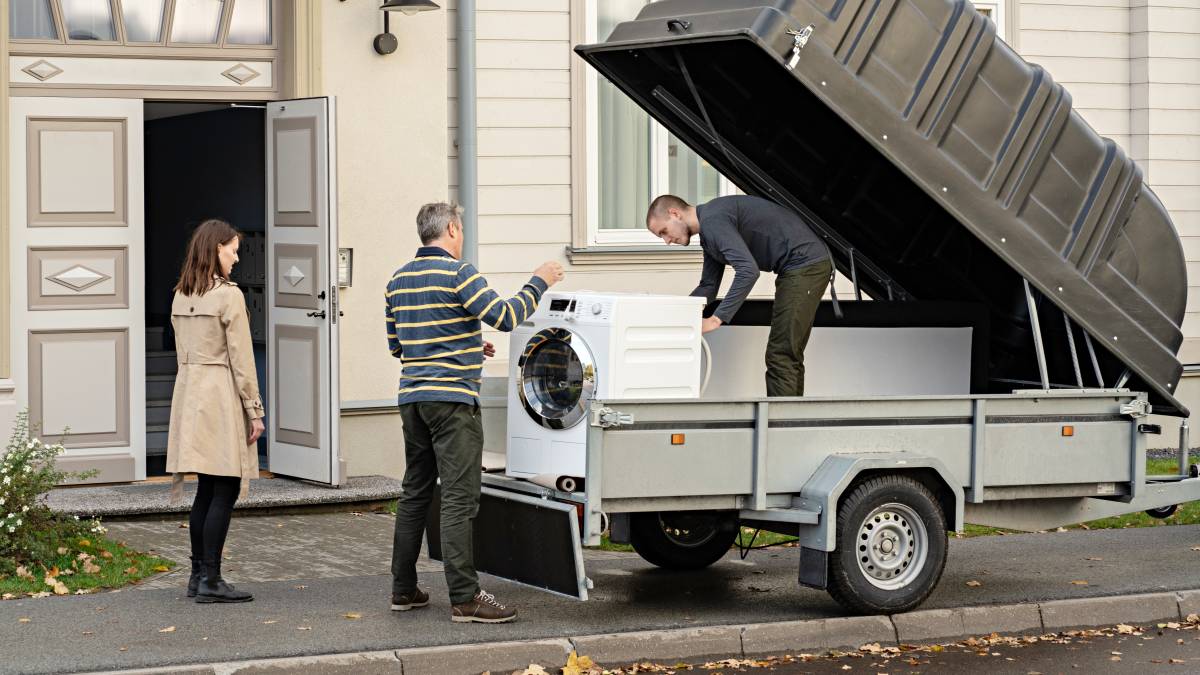
How to move a washing machine
Read more
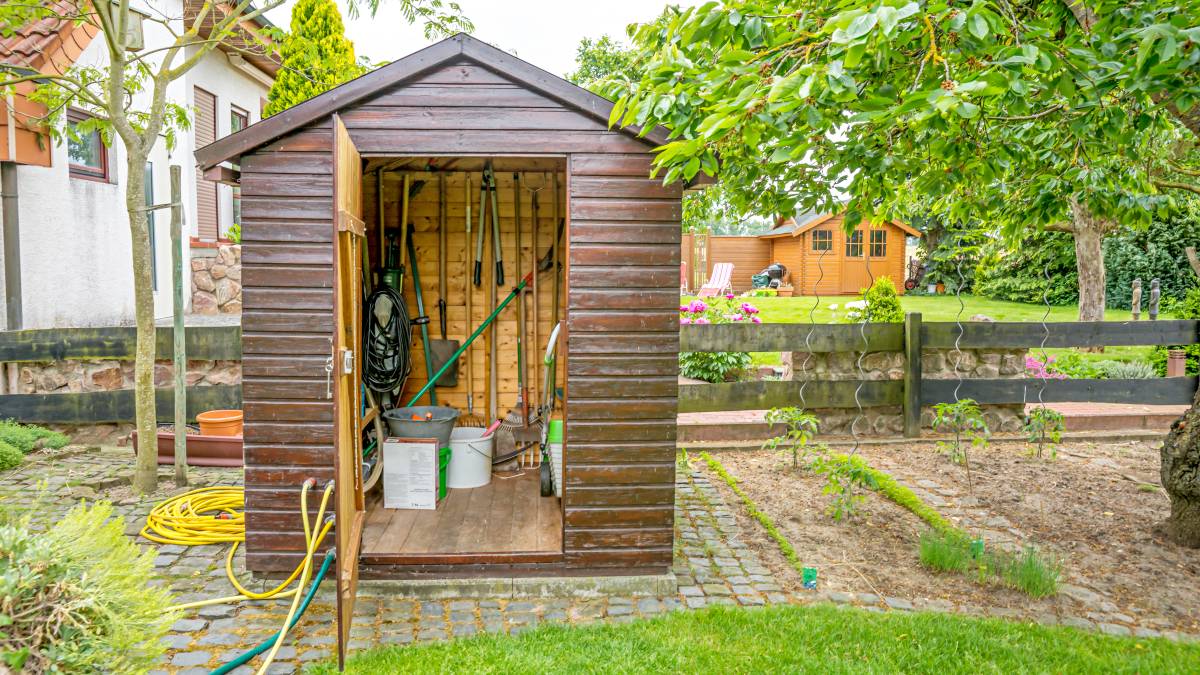
How to move a shed
Read more

How to move a pool table
Read more
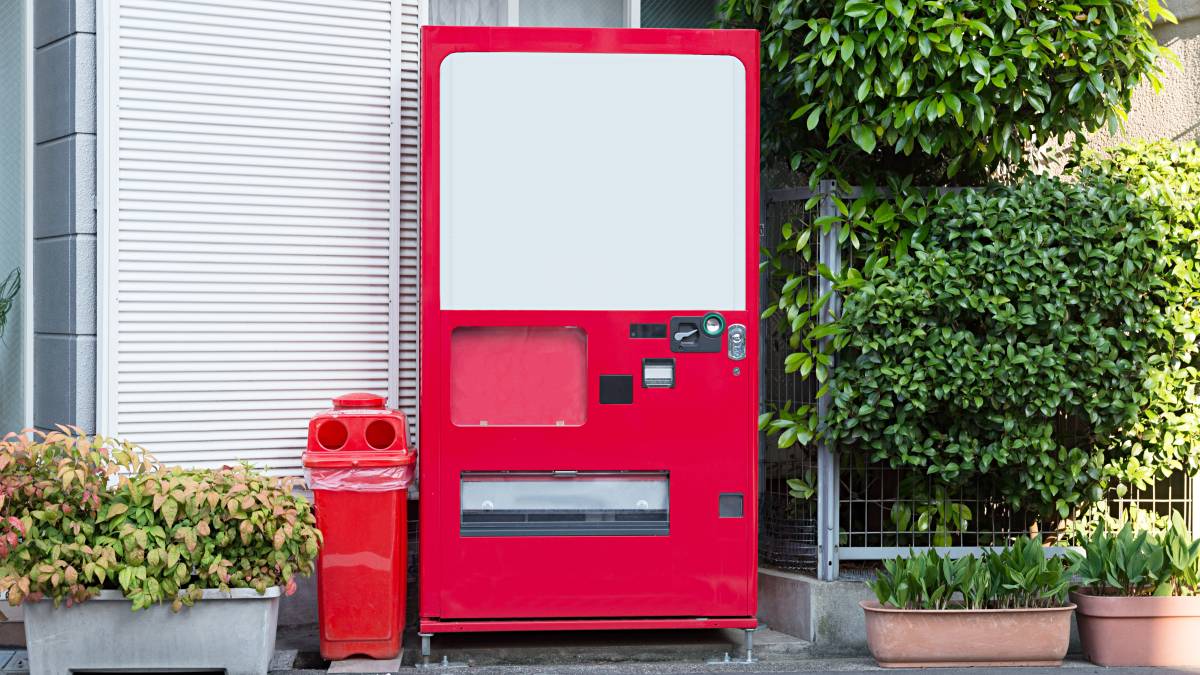
How to move a vending machine
Read more
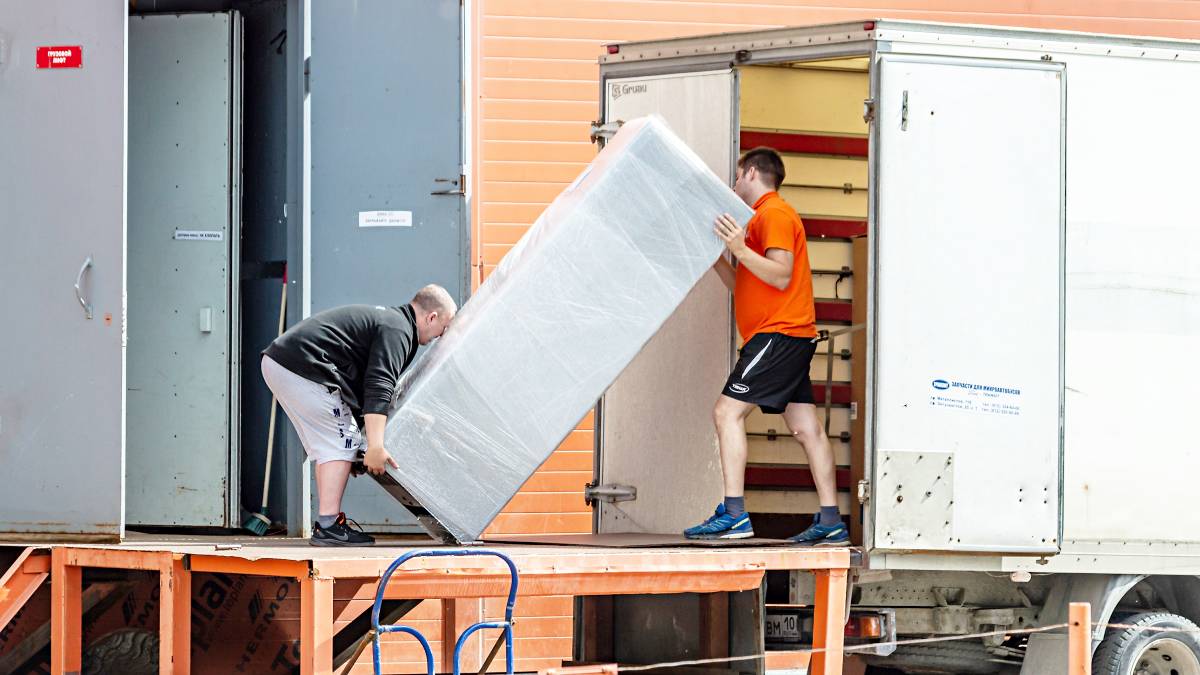
Moving a fridge: How to do it right
Read more

How to move a pinball machine
Read more

How to wrap furniture for moving
Read more

What moving companies won’t move
Read more
